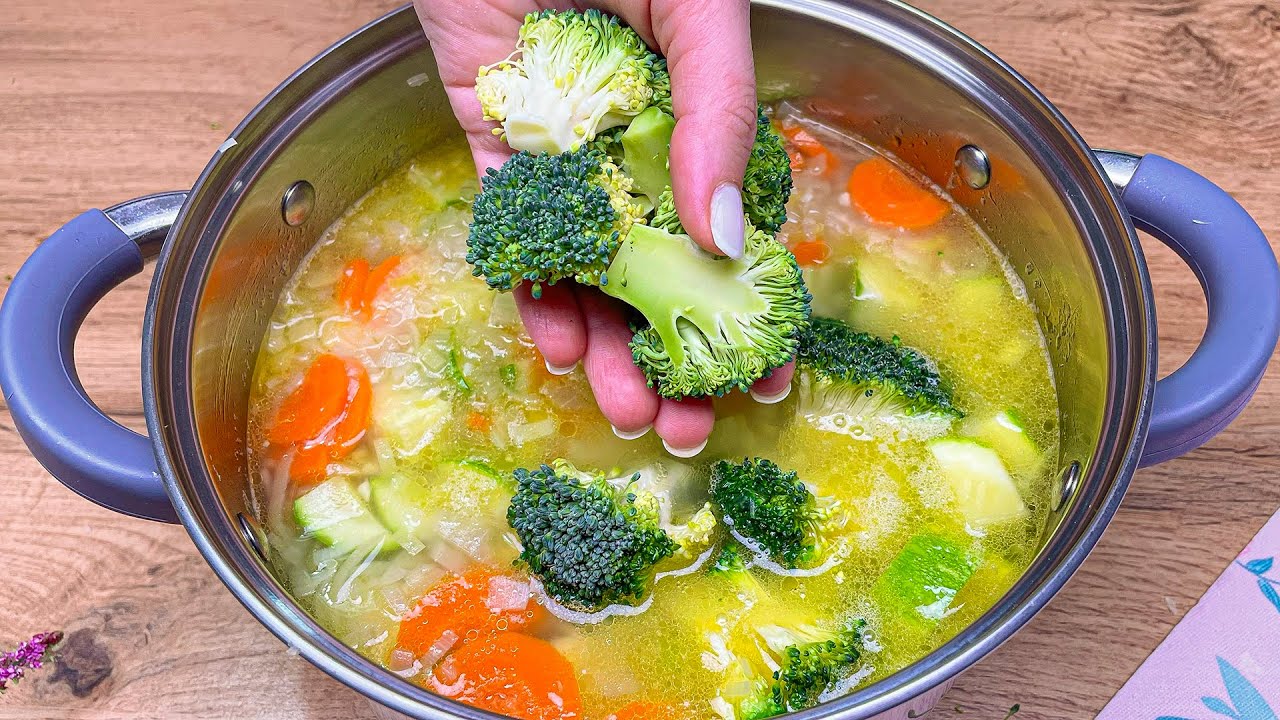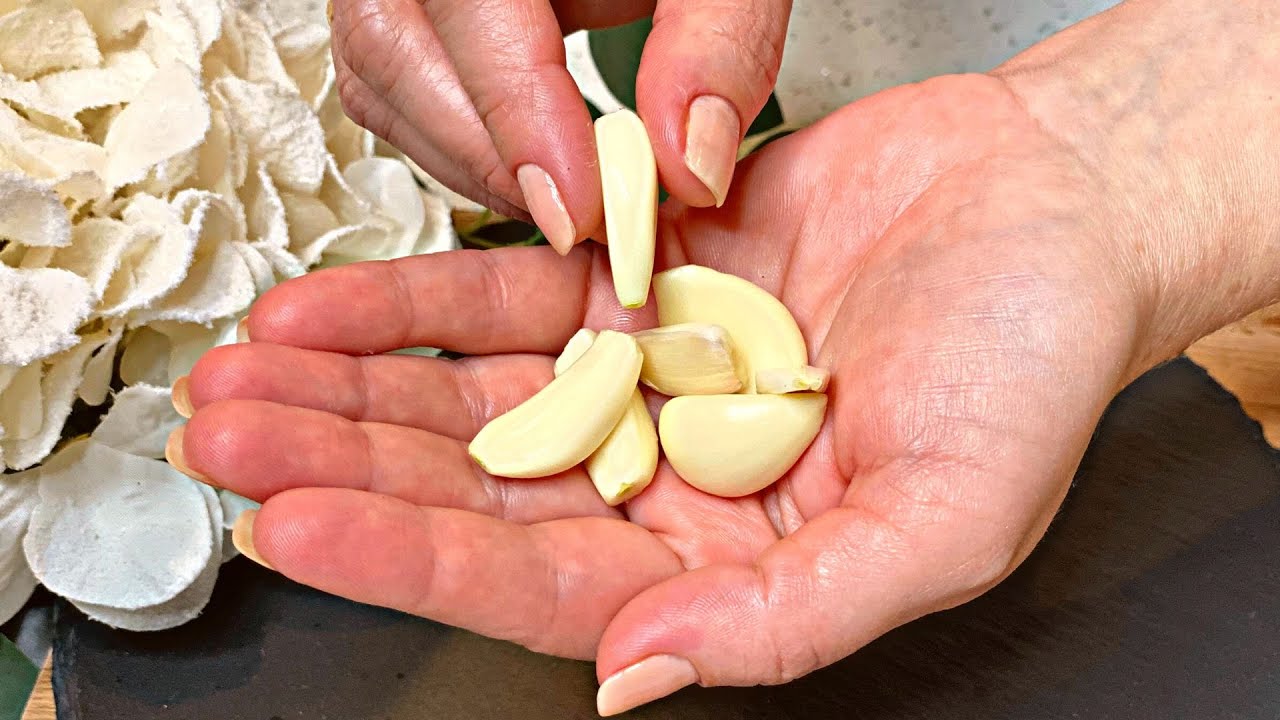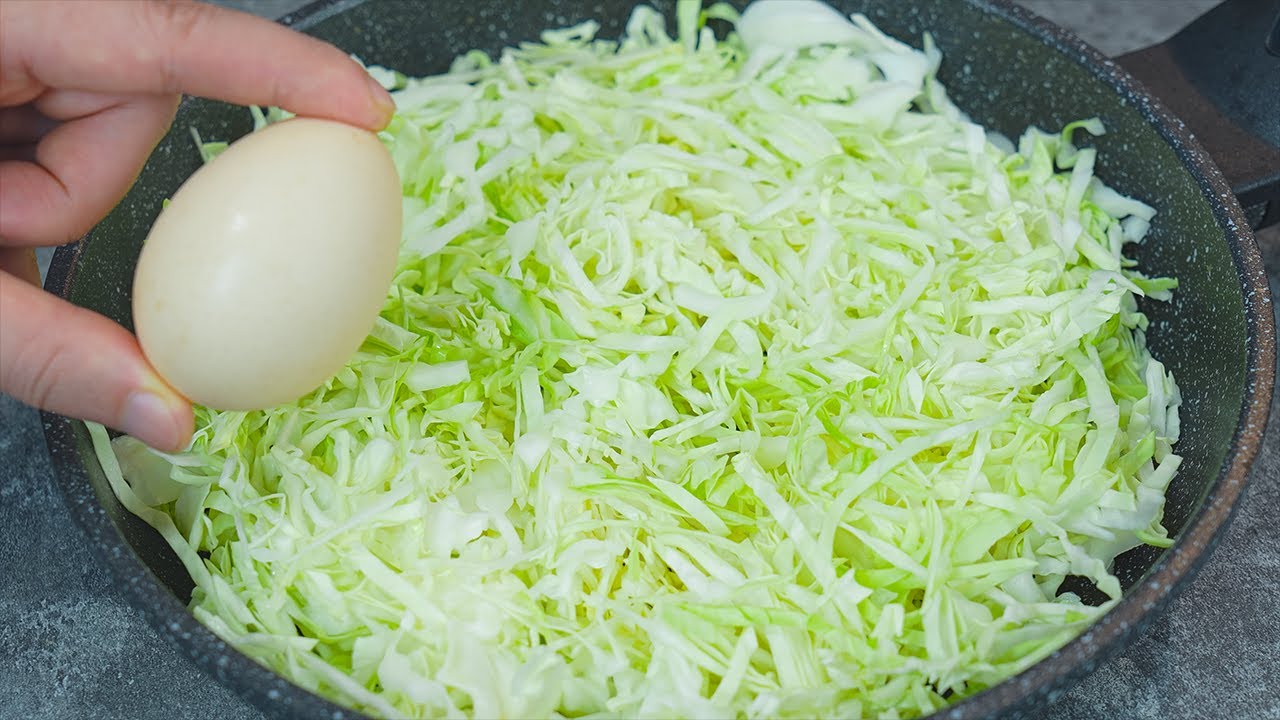
Guava is a tropical fruit known for its unique flavor and numerous health benefits. It’s packed with essential nutrients, making it a fantastic addition to your diet. However, like any food, it has its side effects if consumed in excess. Let’s explore the benefits and potential side effects of guava.
Health Benefits of Guava
1. Rich in Nutrients
Guava is a powerhouse of vitamins and minerals. It’s particularly high in vitamin C, which boosts the immune system, and also contains significant amounts of vitamins A, E, and K, as well as dietary fiber and potassium.
2. Boosts Immunity
Thanks to its high vitamin C content, guava can strengthen your immune system, helping your body fight off infections and illnesses more effectively.
3. Aids Digestion
Guava is rich in dietary fiber, which aids in digestion and prevents constipation. Consuming guava regularly can promote a healthy digestive system.
4. Lowers Blood Sugar Levels
Guava has a low glycemic index, making it a suitable fruit for people with diabetes. It can help regulate blood sugar levels and improve overall blood sugar control.
5. Supports Heart Health
The potassium and fiber in guava contribute to heart health by regulating blood pressure and lowering bad cholesterol levels. This can reduce the risk of heart disease.
6. Enhances Skin Health
The antioxidants and vitamins in guava can help maintain healthy skin. They protect the skin from damage and can improve skin texture and tone.
7. Promotes Weight Loss
Low in calories and high in fiber, guava can help you feel full longer, reducing overall calorie intake. This makes it a great fruit for those looking to lose weight.
Potential Side Effects of Guava
1. Allergic Reactions
Some people may experience allergic reactions to guava, such as itching, swelling, or difficulty breathing. If you have a known allergy to tropical fruits, be cautious when consuming guava.
2. Digestive Issues
While guava is beneficial for digestion, consuming it in excess can lead to digestive discomfort, such as gas or bloating, due to its high fiber content.
3. Blood Sugar Levels
Although guava can help regulate blood sugar, people with diabetes should monitor their blood sugar levels closely when adding new foods to their diet, including guava.
4. Interactions with Medications
Guava may interact with certain medications, particularly those for diabetes and high blood pressure. It’s important to consult with your healthcare provider before making significant changes to your diet.
Conclusion
Guava is a nutritious and delicious fruit that offers numerous health benefits, from boosting immunity to aiding digestion and supporting heart health. However, like any food, it should be consumed in moderation to avoid potential side effects. Enjoy guava as part of a balanced diet and reap the many benefits it has to offer while staying mindful of your body’s response.





